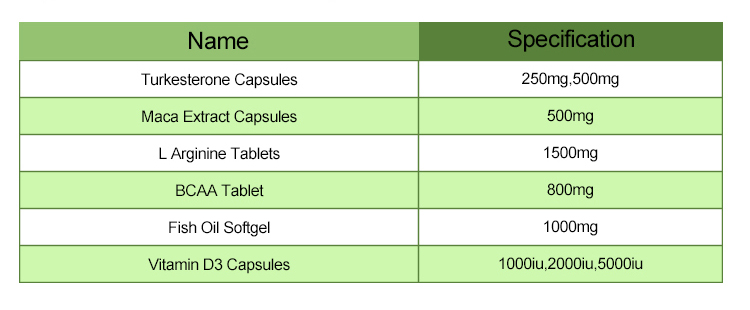BCAA tablets are a popular dietary supplement among athletes, bodybuilders, and fitness enthusiasts. These tablets typically contain three essential amino acids: leucine, isoleucine, and valine. These amino acids are termed “branched-chain” due to their unique molecular structure.
Origin and Nature:
Amino Acids: BCAAs are a group of three essential amino acids: leucine, isoleucine, and valine. “Essential” means that the body cannot produce these amino acids on its own, so they must be obtained from the diet or supplements.
Muscle Metabolism: These amino acids play a crucial role in muscle metabolism. Leucine, in particular, is known to stimulate muscle protein synthesis, while isoleucine and valine are believed to help regulate glucose uptake and utilization during exercise.

Dietary Sources: BCAAs are found naturally in protein-rich foods such as meat, poultry, fish, eggs, and dairy products. However, some people, especially athletes with high training volumes, may choose to supplement their diet with BCAA tablets to ensure they are getting an adequate amount for muscle recovery and growth.
Introduction of BCAA Tablets:
BCAA supplements, including BCAA tablets, were introduced to the market as a convenient way for individuals to increase their intake of these essential amino acids, especially before, during, or after intense physical activity. The introduction of BCAA tablets followed the popularity of BCAA powders and liquid formulations.
Formulation: BCAA tablets typically contain a specific ratio of leucine, isoleucine, and valine, often in a 2:1:1 ratio, although other ratios are also available.
Convenience: Tablets offer a convenient way to consume BCAAs without the need for measuring or mixing powders. This convenience factor has contributed to their popularity among athletes and fitness enthusiasts.
Performance Enhancement: BCAA supplementation is often marketed as a means to enhance exercise performance, reduce exercise-induced muscle damage, and promote muscle recovery. While research results are mixed, many athletes believe that BCAA supplementation can help support their training goals.

Usage: BCAA tablets are typically taken before, during, or after workouts to support muscle protein synthesis and recovery. Some individuals also take them between meals to maintain a steady supply of amino acids in the bloodstream.
Variations: Over time, variations of BCAA tablets have been introduced, including flavored tablets, effervescent tablets, and extended-release formulations, catering to different preferences and needs of consumers.
In summary, BCAA tablets originated from scientific research on amino acids and their role in muscle metabolism. They were introduced to the market as a convenient way for individuals to increase their intake of essential amino acids, with the aim of supporting muscle growth, recovery, and exercise performance.
